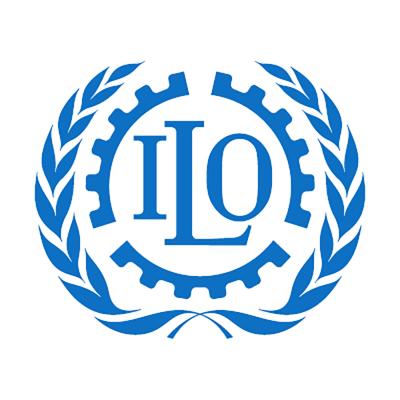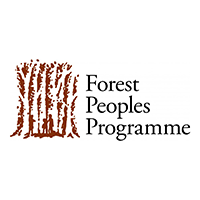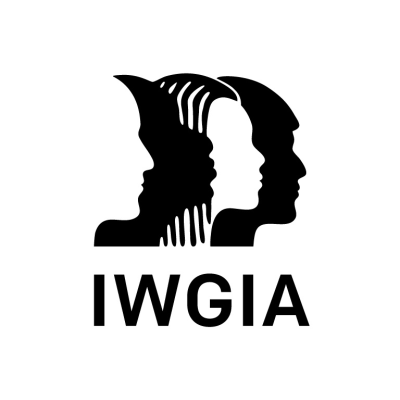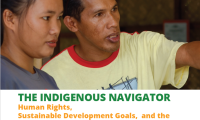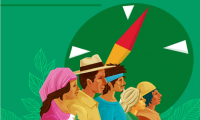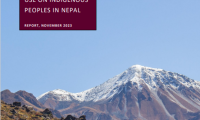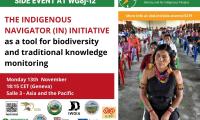Indigenous peoples contribute to the data revolution
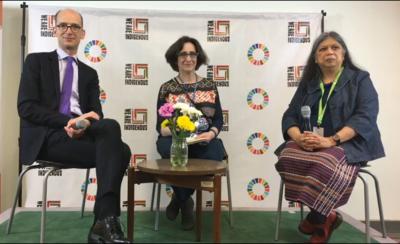
We invite you to read and watch a Q&A with Indigenous Navigator's partners Joji Cariño (FPP) and Martin Oelz (ILO) about including indigenous peoples in monitoring of the SDGs: Why is monitoring so important?
The interview was facilitated by Lola García-Alix, International Human Rights Advocacy Programme Coordinator at IWGIA.
LGA: Which are the main challenges that indigenous peoples face in regards to the 2030 Sustainable Development Agenda?
JC: The States have seen modern economic development as “building the nation and killing the tribe”. They see development as only economic growth, this has translated into displacement of indigenous peoples and no respect for their land rights and indigenous knowledge.
LGA: What do we need to ensure that indigenous peoples are not left behind in this global agreement?
MO: This is a very fundamental discussion that has been part of the 2030 Development Agenda and that has been brought to the table by the participation of indigenous peoples. There is a historic opportunity to move towards a common understanding of what inclusive development means. We have the opportunity to work looking back to repair injustices and looking forward to constructing an inclusive agenda. For this, we need very practical tools. There is a lot of momentum.
LGA: How do indigenous peoples themselves move this agenda?
JC: In the new agenda, we are seen as really active agents of implementation. Therefore, we technically can build on what is already happening in our communities and our institutions. We can build life plans based on our priorities. With the motto of leaving no one behind, the priority should be to give agency to marginalised actors in society.
LGA: How can indigenous peoples monitor that the implementation is benefiting them?
MO: The situation with the Millennium Development Goals (MDGs) was quite different because that agenda did not really deliver for indigenous peoples. For example, indigenous peoples are included in the review around the SDGs. Monitoring is directly linked to the issue of data and statistics. Here we face the issue of lack of visibility of indigenous peoples in official data, like censuses and surveys. This is a complex problem. The disaggregation of data by ethnicity is not only a technical or financial issue but also a political and social issue, that has to be addressed as such. Ethnicity has a lot of different connotations across regions, even within one nation. Indigenous peoples can make a great contribution to this data revolution.
Watch the full interview
